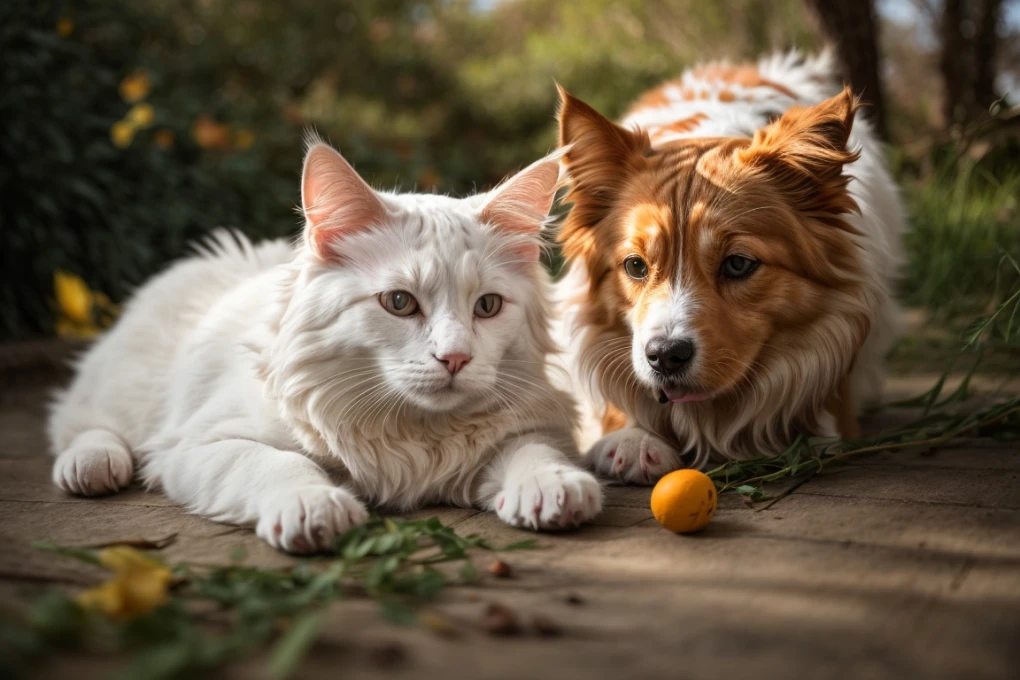Are Turkish Vans Good with Dogs? Everything You Need to Know

When considering adding a feline friend to a household with dogs, the breed of the cat can significantly impact the harmony of your pet-filled home. Enter the Turkish Van – a beautiful, ancient breed known for its unique swimming ability and affectionate nature. But, are Turkish Vans good with dogs? Let's unravel the answer.
1. The Turkish Van's Temperament
To gauge how Turkish Vans might react to dogs, it's essential to understand their personality:
- Energetic: Turkish Vans are active and love to play.
- Independent: They value their alone time but can also be affectionate.
- Intelligent: Quick learners, they can adapt to different situations.
2. Historical Interactions
Historically, Turkish Vans have been:
- Rural Cats: Often found in the rural areas of Turkey, they've been used to co-existing with various animals, including dogs.
3. Socialization is Key
Like any breed, early socialization is crucial:
- Kitten Age: A Turkish Van introduced as a kitten is more likely to adapt and get along with dogs.
- Dog's Personality: Equally important is the dog's temperament. A calm, cat-friendly dog is ideal.
4. The Introduction Process
Ensuring a smooth introduction can make a world of difference:
- Separate Spaces: Initially, keep them in separate spaces. Gradually introduce scents to each other by swapping bedding or toys.
- Supervised Meetings: Once they're used to each other's scent, allow short, supervised meetings.
- Positive Reinforcement: Praise and treats can help reinforce positive interactions.
5. Watch for Signs of Stress
It's crucial to gauge both the cat's and dog's reactions:
- Turkish Van's Signs: Hissing, spitting, or puffing up indicates discomfort.
- Dog's Signs: Excessive barking, growling, or fixating on the cat might need addressing.
6. Understand Boundaries
Even if they get along:
- Personal Space: Ensure both have their own safe spaces to retreat to.
- Playtime: Monitor playtimes, especially if the dog is much larger than the cat.
7. It's All About The Individual
Remember:
- Variability: While breed tendencies offer guidance, individual personalities play a significant role.
- Patience & Time: Sometimes, building a relationship simply requires patience.
Conclusion
While the Turkish Van, with its dynamic and adaptable nature, has a good track record of coexisting with other animals, the individual personalities of both the cat and dog will be the ultimate deciding factor. With patience, understanding, and proper introductions, Turkish Vans can indeed cohabit harmoniously with their canine counterparts.